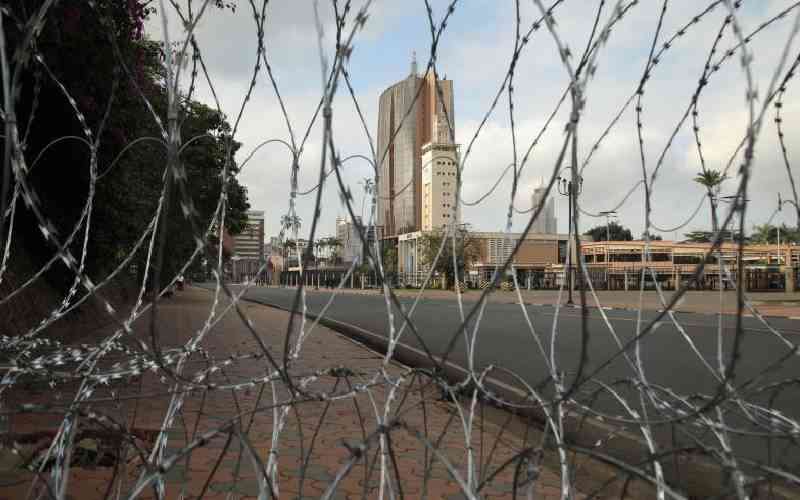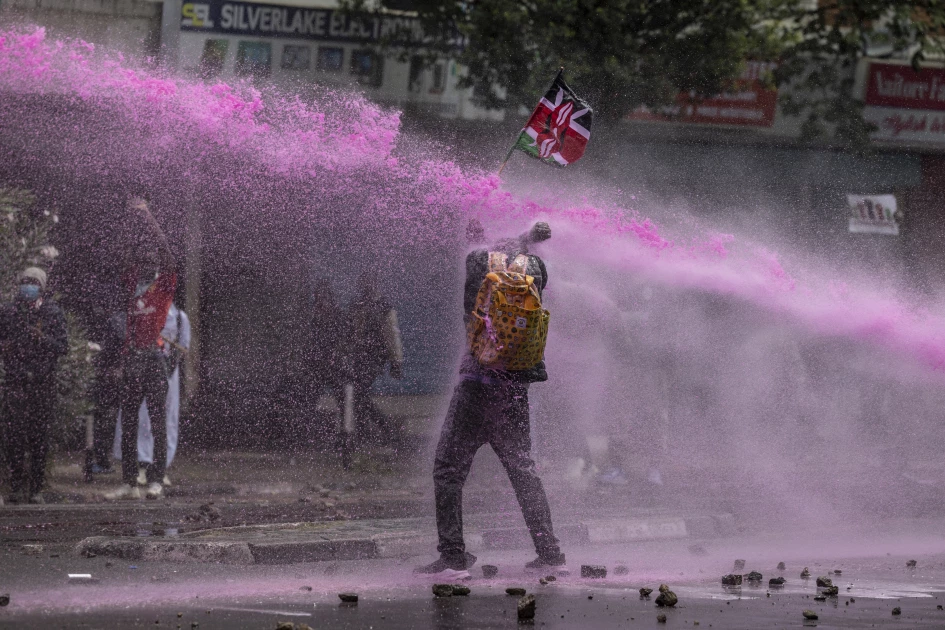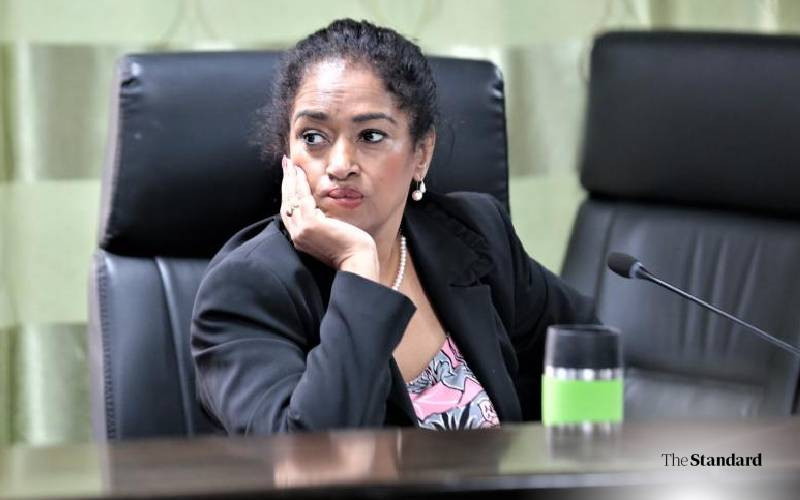MPs Rally Behind Passaris' Bill to Restrict Protests Near Parliament and State House
 A proposed idea by Nairobi Woman Representative Esther Passaris is getting support in Parliament, with many lawmakers backing her push to limit public protests near important government areas. The Public Order (Amendment) Bill 2025, plans to change the Public Order Act (Cap. 56) and introduces specific zones meant for protests. It focuses on setting clear limits on where people can and cannot gather.
A proposed idea by Nairobi Woman Representative Esther Passaris is getting support in Parliament, with many lawmakers backing her push to limit public protests near important government areas. The Public Order (Amendment) Bill 2025, plans to change the Public Order Act (Cap. 56) and introduces specific zones meant for protests. It focuses on setting clear limits on where people can and cannot gather.
On Tuesday, Passaris presented her case to the Administration and Internal Security Committee. She said the Bill addresses an increase in protests across the country, some of which have ended in violence or fatalities.
Passaris explained that the proposed changes aim to add structure and predictability to demonstrations while still respecting constitutional rights.
“The whole idea of the Bill is to protect the pillars of our democracy. You have to have a certain area where you can’t reach as a demonstrator and you have to respect that,” she told the committee.
If approved, the law will ban protests within 100 meters of major institutions like Parliament, courts, and sites covered under the Protected Areas Act. It will also give the Cabinet Secretary for Internal Security the authority to set up zones for protests working with county governments to decide where gatherings can take place.
The Bill also stipulates consequences for illegal protests as follows; “A person who contravenes the provisions of this section commits an offence and shall, on conviction, be liable to a fine not exceeding one hundred thousand shillings or to imprisonment for a term not exceeding three months or to both,” reads the proposal in part.
Passaris pointed out that her proposed changes do not focus on individual protesters. Instead, they aim to create a proper system to ensure protests happen and do not disrupt critical government functions.
Many MPs backed the proposed changes to the law. They described the Bill as important and timely considering what has happened . Gabriel Tong’oyo, who leads the committee, said Kenya is at a key stage in developing its democracy.
“The country is at a crossroads, we must take lessons, As much as citizens have a right to picket, it must be done in an orderly manner,” Tong’oyo said.
Peter Kaluma, the MP from Homa Bay, agreed with this view and said the Bill shows fairness. However, he suggested improving it to make its purpose clearer. He emphasized the need to state the boundaries of the right to gather.
“IIt is very objective, it is very timely…this thing should be redrafted to specify its intentions specifically to limit the rights in a very conclusive way,” Kaluma said.
He posed an important question about the role and meaning of public protests. He urged lawmakers to think about which matters require street protests and which are better handled using legal channels.
“That law should also define what matters we should assemble, do you need to petition. For instance, what we were dealing with last Wednesday, they wanted compensation for the children we lost last year during the demonstrations. Is that a matter of petition in court or a matter of demonstration?” he asked.
Passaris explained how her Bill differs from the Assembly and Demonstration Bill 2024, put forward by Public Service Cabinet Secretary Geoffrey Ruku. Police oversight bodies human rights groups, and civil society organizations opposed Ruku’s proposal because they believed it posed a serious risk to freedom of assembly.
Passaris said that Ruku’s Bill centers on controlling how individuals act during protests, but her Bill aims to improve the setting of protests by defining specific areas where they can happen.












